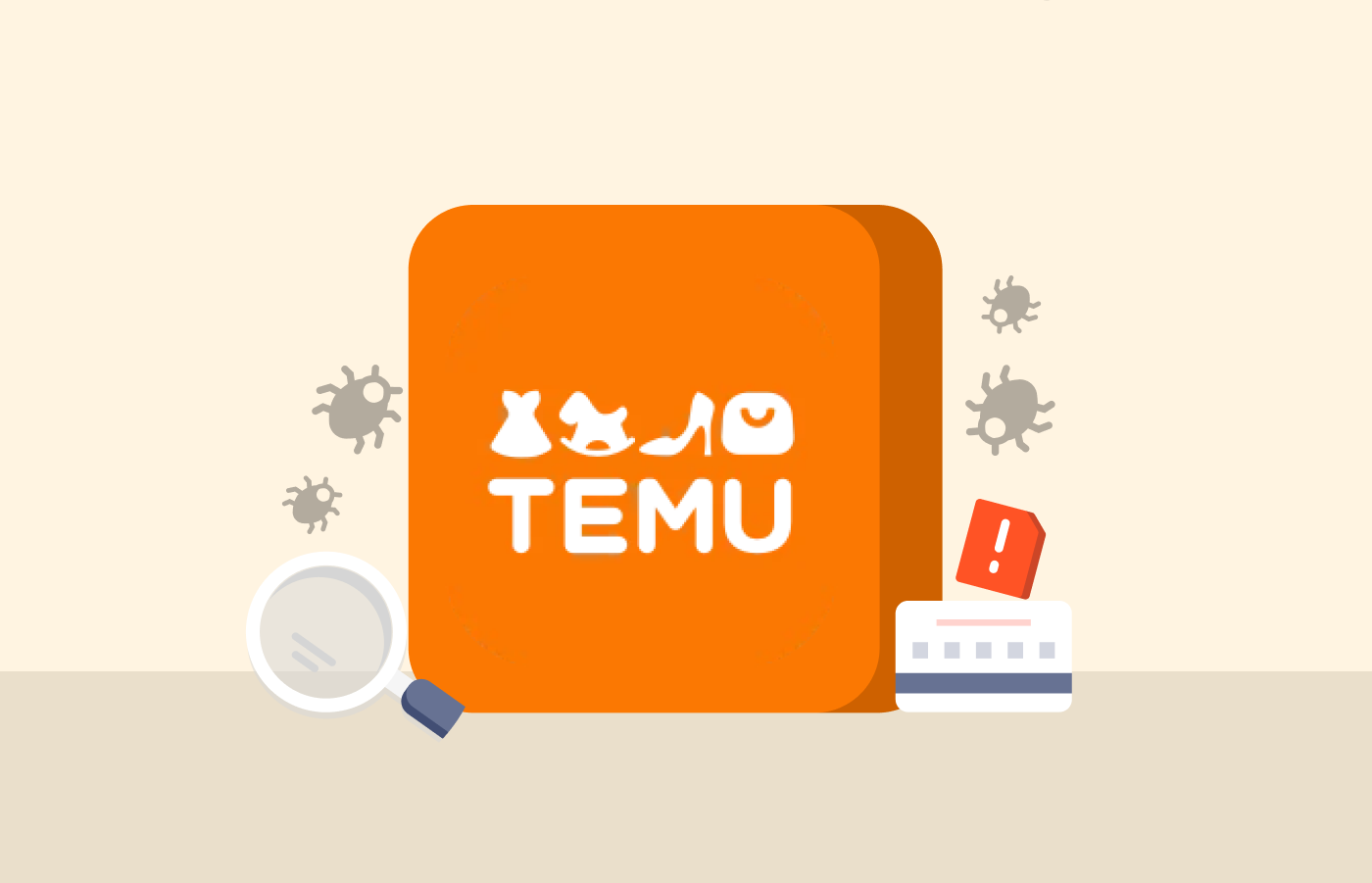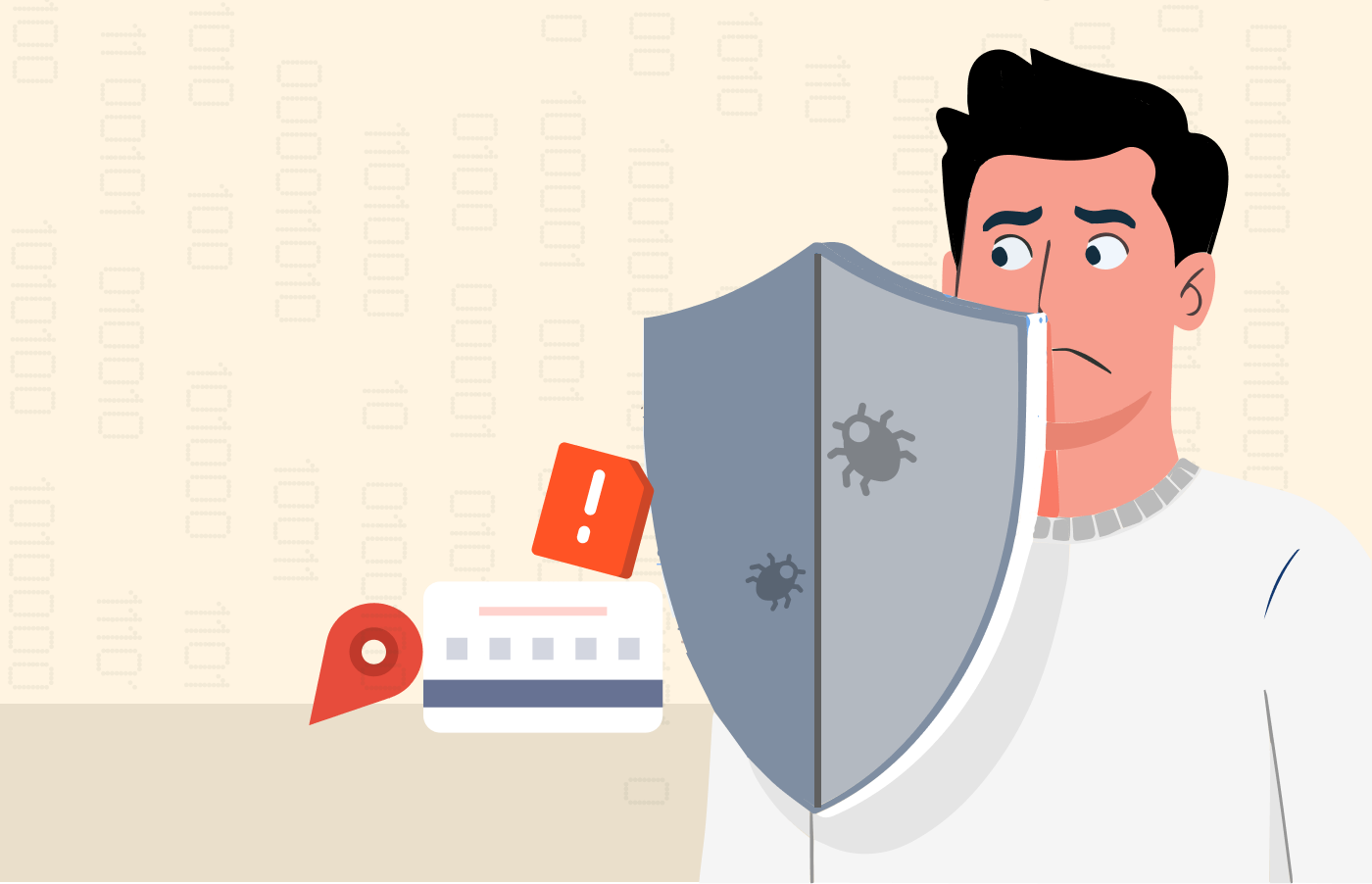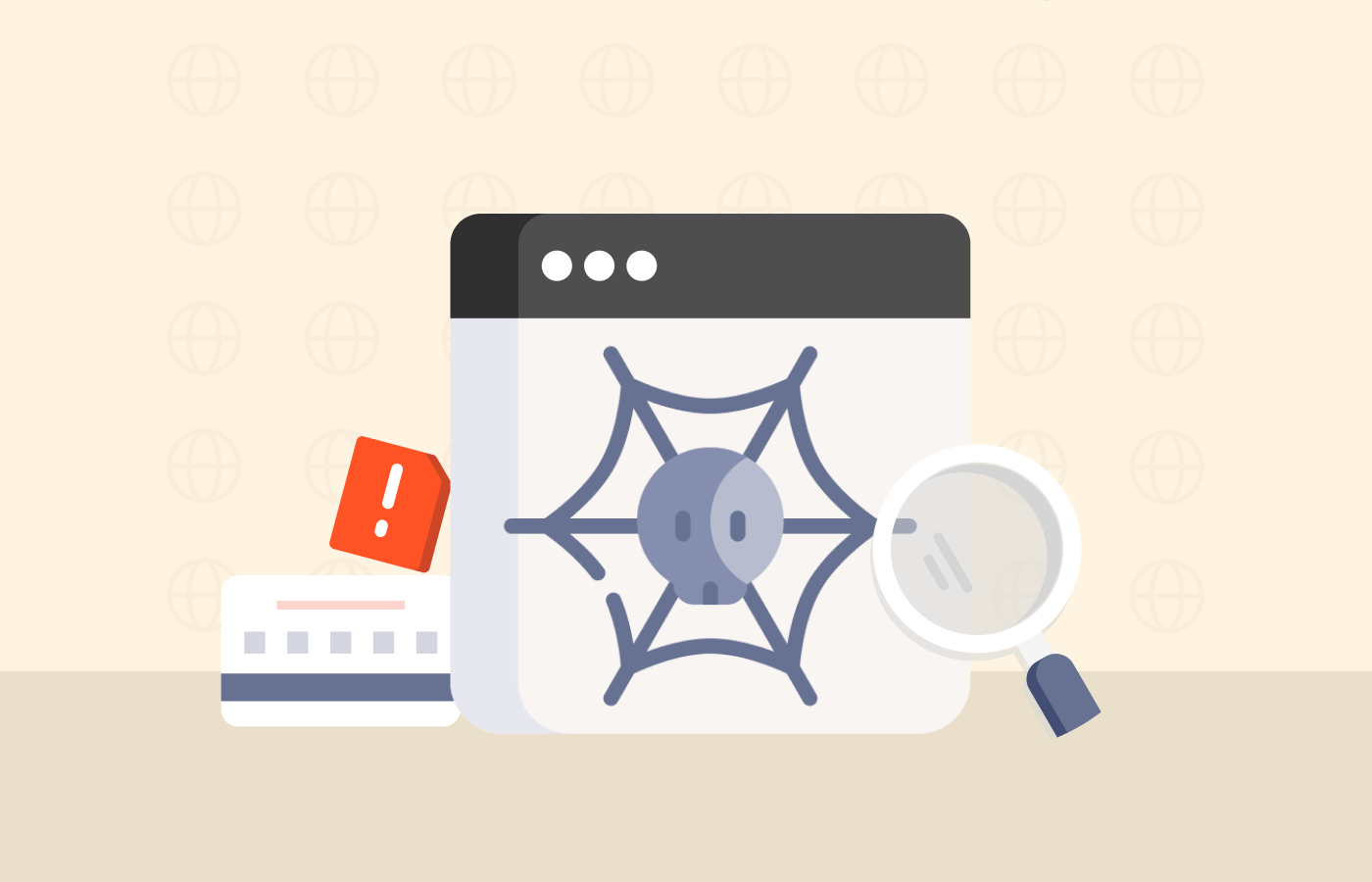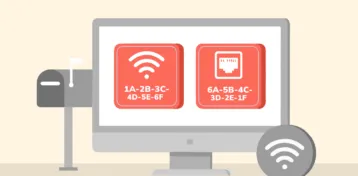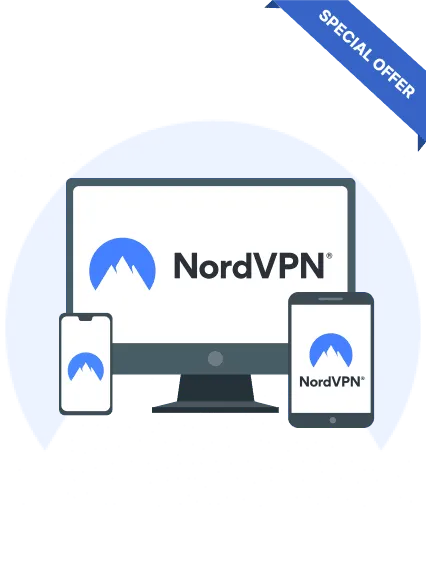
Big data and privacy are two major concepts in the online world that often compete against each other. Big data means massive stockpiling and analysis of people’s personal information.
It helps improve society overall, such as better personal services and healthcare. On the other hand, that level of data collection and analysis raises alarms about possible misuse.
This article explores how big data and personal privacy connect – for better and worse. We’ll discuss the handy perks big data gives companies, like fine-tuning their offerings for you. But we’ll also address the risky side – like breaches, which spill your data onto shady entities.
What is Big Data?
When we talk about “Big Data,” we refer to giant stockpiles of personal information gradually gathered by various means. Take Google, for example; it can soak up data about you through your search questions.
Big data keeps growing as giant organizations continue to successfully expand their user bases. As a result, big shots like Google, Facebook, and even government agencies collect tons of private details to function fully.
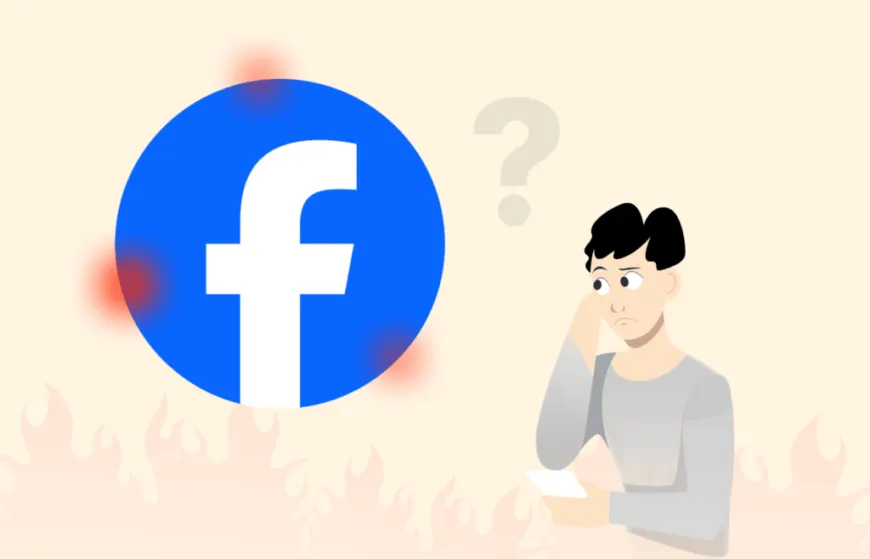
So why hog all this user data anyway? Companies and organizations claim they need to absorb more and more to deliver on offerings. The thinking goes to better understand users through their data and can improve and customize the experience.
Of course, many consumers likely feel uncomfortable with their personal details being harvested behind the scenes. It positions big data squarely between boosting services and infringing on privacy.
Consequently, these methods provide some interesting discoveries. For example, big data is frequently used in large-scale market research, including user interaction with ads, websites, and software. Essentially, big data helps these companies track their user behavior more efficiently.
For a dataset to be referred to as big data, it has to meet three major criteria. These criteria are often known as the three V’s, they are namely:
- Velocity: It refers to the speed with which the data in a given dataset is collected. This data is also accessible in real-time (during its collection).
- Volume: A dataset with extensive data collection, which is the product of continuous observation over a sustained period.
- Variety: Complex data sets usually consist of a variety of information. The data included in datasets can be combined to fill in any deficiencies, ensuring the datasets are complete.
Big data has characteristics other than those of the big three. The first example is that big data analytics is excellent for machine learning, meaning big data can teach machines and computers specific patterns and tasks.
Moreover, big data also indicates a user’s digital fingerprints. That means it is a function of users’ daily online activities, which explains why it can be used to track user behavior.
Types of Big Data
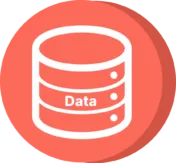
Big data exists in many forms, which depend on the mode with which the constituent data was collected. Classifying big data this way helps us better understand the data based on its properties and behavior.
Based on this classification, big data is in three major forms:
- Unstructured big data
- Semi-structured big data
- Structured big data
Unstructured big data
As the name suggests, unstructured big data is data without organization. It lacks logical presentation and would make no sense to the average person. Since unstructured big data lacks any specified structure, it isn’t easy to evaluate or analyze.
Semi-structured big data
Semi-structured big data is a type of big data with some characteristics of unstructured data mixed in with structured data. The representation and nature of this big data type are not arbitrary.
Structured big data
Structured big data is, as the name suggests, structured. And because it is structured, it can be easily presented in a very readable and logical way. Structured big data is also relatively easier to understand and much more accessible.
An example of structured big data is a company’s list of customers’ addresses, contacts, and names arranged in a simple table or chart.
Classification based on the source of big data
Another way we can distinguish between big data types is by considering their sources. By this, we mean to consider who or what generated the data. When you take note of this, big data will get split further into three classes based on their sources:
- Process registration: Here, we traditionally consider big data, which includes the data collected and analyzed by big firms to improve specific processes that aid in running a business.
- People: This type of data is generated by people in their daily activities. Examples would be videos, pictures, books, and other identifiable data on social media.
- Machines: Machine-sourced big data comes from sensors placed in machines. As machine usage grows, this data type becomes more readily available.
What is big data used for?
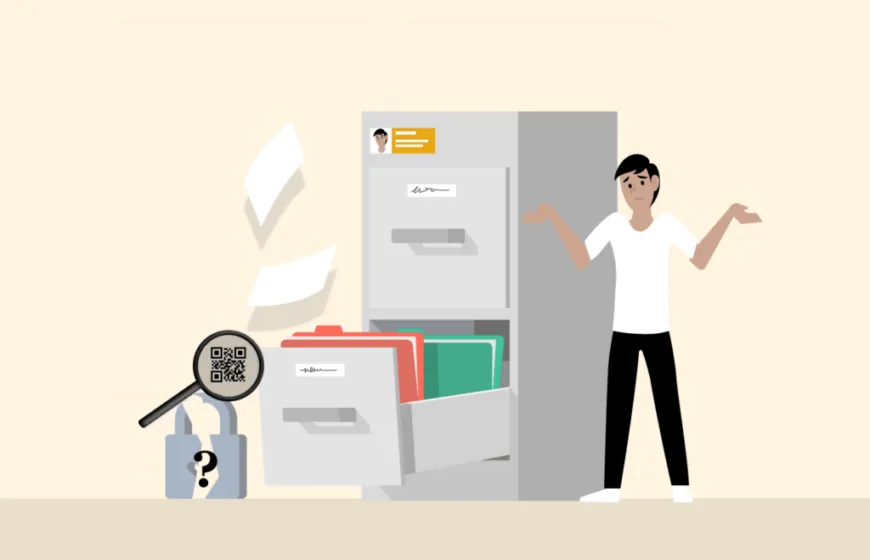
Different industries can use big data in many different ways. Many firms can collect data directly, while some can only acquire massive datasets by purchasing them from independent brokers.
Below are some examples of different industries using big data.
Social media companies
Social media companies collect user data, analyze it, and use it to ascertain specific content on your timeline. The content is often tailored to fit your interests and not against your wishes. Here, the app leverages big data to keep you glued to your screen longer, allowing more time to serve up related ads.
E-commerce industry
Amazon tracks your searches and purchases, scooping up insights on you. In doing so, they can recommend similar products and services based on your usual purchases. Users get to buy more, ensuring increased satisfaction while the company makes more money, which is a win-win.
This data gathering is not limited to the Amazon website or app; e-commerce companies can track your activities across other platforms. After they gather all this information, they can create a user profile with which they can tailor ads and other relevant recommendations to the respective users.
Transport companies
Public transport firms also utilize big data uniquely, but still to better serve their users. These companies will gather data on routes to know which ones are busy, require more buses or trains, and have regular traffic.
Courier companies
Courier companies utilize special software designed by big data companies to aid their drivers with navigation. For example, the software can help the drivers avoid left-hand turns, which incur more cost than right turns.
Interestingly, such software has saved courier companies millions of litres of fuel, all because it uses big data.
DNA testing companies
DNA testing companies are another beneficiary of the wonders of big data. With big data, they can “uncover your ethnic origins and find new relatives” using a routine DNA test.
The process includes a lot of collection and analysis of big data. With this kind of service, the companies can only track user lineage with their full consent. They are also not to share the information with anyone. Still, the client, as such, must be encrypted and secure except as requested.
Big Data and Privacy

By now, you should have at least some understanding of how big data works and the risks it poses to privacy. However, we have not given as much context to the privacy risks; keep reading as we dive into big data and some of the privacy concerns.
Large-scale data collection
Many companies rely heavily on their advertising algorithms to stay afloat and make as much profit as possible. Companies must generate a very accurate and detailed user profile to effectively utilise the algorithm. The profile will often include the user’s likes and interests, which leaves nothing private for the user.
It’s not just the companies that use this model; government agencies also employ this algorithm to extract sensitive and specific data from citizens, especially those they consider suspicious.
This translates to a large repository of sensitive and specific data for cyber criminals to access if mismanagement occurs. The outcomes are numerous, but you can prioritize identity theft.
With this much data collection and advanced tools, the companies can likely create a very accurate depiction of you. With this information, they can track your real-life hobbies, friends, where you live, and where your friends live, among other disturbing possibilities.
Laws on privacy
As briefly cited earlier, privacy laws and regulations cannot guarantee user privacy. These laws are not universal, meaning there are looser holds on privacy in some places than others.
Places like Europe have a relatively strict consumer privacy regulation called the General Data Protection Regulation (GDPR). This law applies to all EU member states, but the details differ from country to country.
However, privacy laws differ from state to state. A company operating in the US will not adhere to the EU’s privacy laws. That means users in the EU may have to give up more than the usual amount of private data as the EU’s regulations allow.
Thus, there is no global or generally consistent law governing user privacy, and therein lies the problem. Fortunately, individuals like Edward Snowdown and Chelsea Manning have contributed immensely to unearthing large-scale privacy infringements and raising awareness of the risks of big data.
Unsurprisingly, most users do not rely on privacy laws to catch up with technology, and we don’t even blame them. But you can take action to protect your privacy by whatever means necessary as long as the means are legal.
Risks of Big Data

Big data has many positive uses. If used correctly, it offers much information that helps make many processes easier. But with so many pros, the presence of cons is no surprise.
Collecting big data is not without risks, some of which are listed below.
Misuse of personal data
The technology used to collect personal data is rapidly expanding in complexity. That leaves regulatory bodies lagging in the rules and regulations needed to keep the practice ethical.
Because the law cannot keep up, there are tons of grey areas and irregularities to be expected. One of the first aspects of human life affected by big data collection is privacy. These privacy concerns include what type of information can be collected, who the information is about, and who can access this information.
The risk here is that some of the data collected can include your sensitive data, which represents a high risk of hackers getting their hands on it. Misuse of personal data can happen when sensitive data falls into the hands of anyone with malicious intent. The chances that sensitive personal information is included when collecting all this data are high.
Gathering irrelevant data
The trend of big data is continuously increasing in popularity, so much so that some companies collect data for collection’s sake with no intention of analyzing or utilizing it. Data collection occurs because of the potential for competitive advantage.
With so much unplanned and unchecked data collection, the risk of sensitive data getting mixed up in the pile is very high. It can lead to much irrelevant data being analyzed and causing warped decision-making.
Data breaches
As you use the internet constantly, there is an ever-present threat of data breaches. That means your data can be stolen at any moment. What’s more, there has been an increase in the number of data breaches.
Data breaches can lead to the sale of sensitive data such as full names, addresses, passwords, and more on the dark web.
Data quality
As stated earlier, data collection must adhere to better standards. The results will be skewed if the wrong data is mixed and analyzed as part of one big dataset.
Incorrect data analysis and skewed results can be devastating and lead to ineffective measures being implemented.
Collecting and storing big data with bad intentions
Just as big data involves collecting data to serve the users better through tailored ads and product placements, big data opens the door to so much evil.
For example, what if the corporations that collect the data do so not only to serve you better but also to manipulate your needs and purchases? You can’t be sure, and with so little grasp on the intricacies of big data and privacy, users occasionally click “I agree” to agreements they barely understand.
How to keep your data private

Big datasets pose a lot of risk to your security and privacy. Malicious individuals and companies can access your sensitive data, and who knows what can happen? You don’t need to worry; we have some surefire ways to keep your privacy intact.
These four ways to keep your data private aim to reduce the amount of private data you share online.
1. Use a VPN
A VPN (virtual private network) will obscure your real location by switching your IP address to one it generated. Once done, you become essentially anonymous and untraceable. Your ISP, government agencies, and even hackers will be unable to detect your presence on the web.
After dozens of hours of testing, we identified three top premium VPNs we can recommend for their excellent service and assured privacy and security.
1. NordVPN

It is one of the most secure VPN services that ensure maximum security and privacy while doing any task online.
Pros
- Runs RAM-only servers to avoid data logs
- Keeps users’ data and personal information safe
- Boasts double encryption mode
Cons
- Windows app needs improvement
NordVPN is a robust cybersecurity tool. With over 5,000 servers in 100 countries, this VPN can grant users complete anonymity and quickly get around censorship or geo-restrictions.
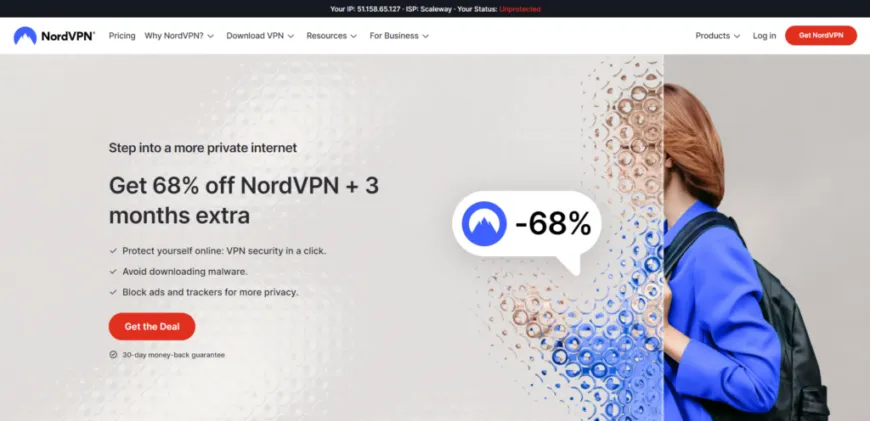
Thanks to its military-grade encryption, your online data is always secure from snoopers, including companies that would abuse it for profit, especially hackers.
2. ExpressVPN

Another efficient VPN service that provides users with top-notch privacy and security and a secure online experience.
Pros
- Does not store or log users’ data
- Robust protection against DNS/IP leaks
- Has Tor over VPN servers
Cons
- Relatively costlier pricing plans
ExpressVPN is fully equipped with industry-leading security features and privacy protocols. With over 3,000 servers in 100+ countries, this VPN is perfect for bypassing geo-restrictions and delivering super-fast connections every time.
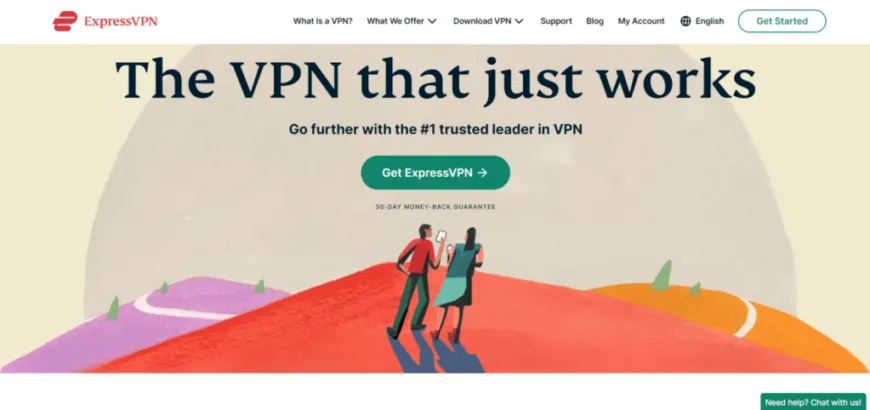
Security and privacy are assured thanks to industry-leading data protection features backed by military-grade AES 256-bit encryption.
3. ExtremeVPN

The most versatile VPN provider that helps users stay anonymous and protected online. The service boasts a strict no-logging policy.
Pros
- No logging is done
- Based in a privacy-friendly region
- Blazing-fast servers
Cons
- Limited plans
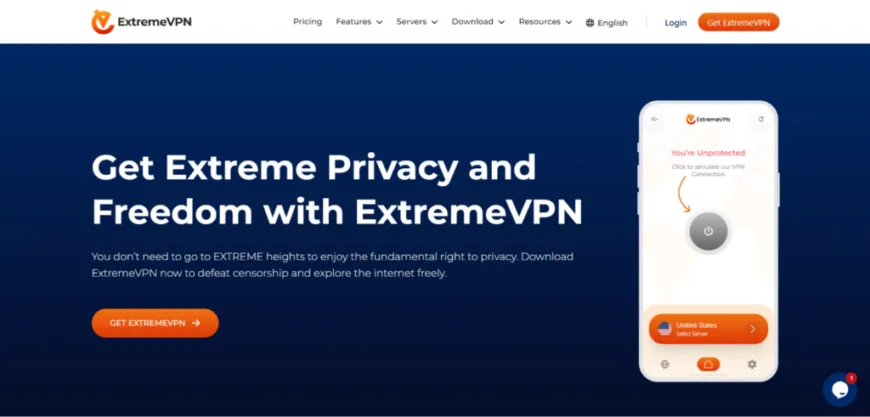
As the name suggests, while this VPN is listed last, it takes itself extremely seriously. A newcomer in the VPN industry but already blowing away the competition with its wealth of features, ExtremeVPN is dedicated to giving you a secure and private experience whenever you use the internet. It has military-grade encryption and a fast kill switch, offering excellent split-tunneling support.
2. Create more secure passwords
Passwords are essential for account creation and protection; getting them wrong can spell disaster. We know remembering passwords, especially those created to be super secure and complex, can be challenging. Still, we do not recommend switching those types out for less secure but easy-to-remember passwords.
People often opt for passwords they can easily remember, like birthdays or names. The hackers can easily crack these, especially if you have a good amount of your private data on the internet for them to use for their guessing approach.
However, we recommend creating strong passwords and storing them somewhere secure and offline. You can also use password managers, specialized software designed to generate and store passwords securely.
3. Take back control of your private information
Thanks to privacy laws like the GDPR, you have the right to access, alter, and even delete any of your data stored with big companies such as Facebook. This means that users can request a detailed report on the data a company holds and ask them to delete that data.
It can be a little tasking to get all this done yourself, but you don’t have to, thanks to many data removal services. These services will contact the big data companies and request the removal of your data on your behalf. An Example of this is DeleteMe.
4. Use browser plugins
With the rise in privacy concerns, browsers now have their measures to keep user data private. One such measure includes dedicated browser plugins or “pro-privacy” extensions. These plugins include anti-trackers and ad blockers, which work together to ensure zero ads and zero snooping.
Other ways to keep your data private
The tips mentioned above are the most recommended ways to protect your privacy. Yet, below, we list some more ways for enhanced protection.
- Delete accounts that are no longer in use and try to avoid big data companies.
- Be sure to log out of platforms when not using them.
- Frequently clear your cache and delete your browsing history and cookies.
Adhering to all these steps is an excellent start to safeguarding your online privacy. However, note that big data collection doesn’t happen solely online; you must also be vigilant to avoid offline traps.
FAQs
Big data’s shady side comes in three forms: shoddy data quality, security breaches, and misuse of private info. Crappy data equals faulty analysis full of holes and blind spots. Breaches leak personal stuff out to malicious hands. Misuse makes companies seem like they don’t keep tight control or come clean on how they employ user data.
This trio of risks casts big data as a potentially dodgy deal, trading off conveniences for consumers’ peace of mind. Companies need to earn back that trust through accountability around these problem areas.
Three top ways to amplify privacy and reduce companies snooping on your personal data include:
1. Using a VPN.
2. Creating secure passwords using a password manager.
3. Taking control of your data.
Big data can have both negative and positive effects on user privacy. For one, it can better equip decision-makers to make the right decisions, which is excellent. Consequently, collecting so much data can create concerns about the abuse of sensitive data, data security risks, and data security and overall quality.
